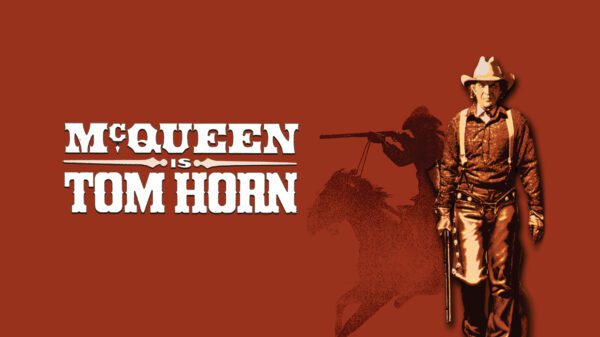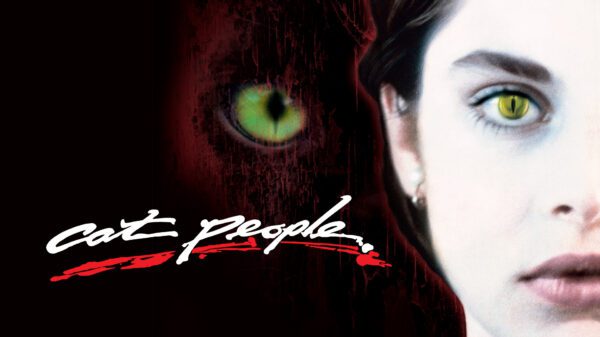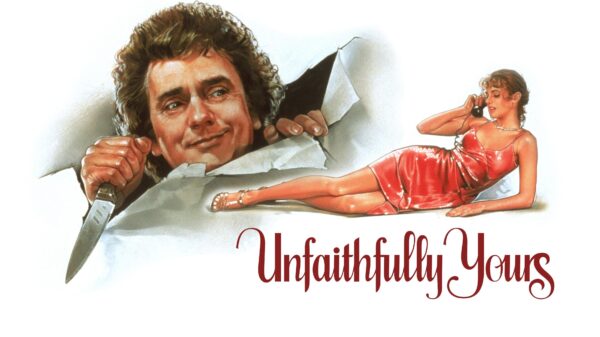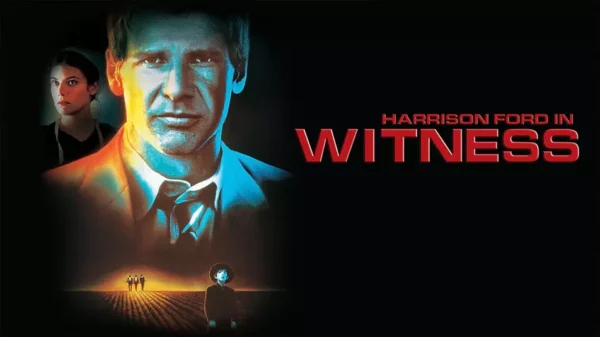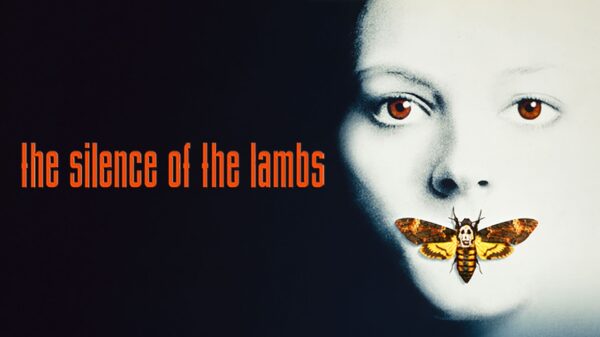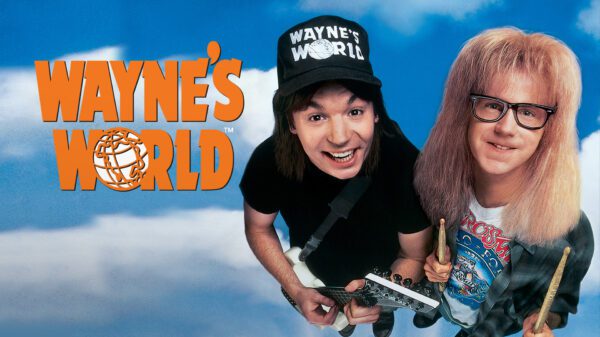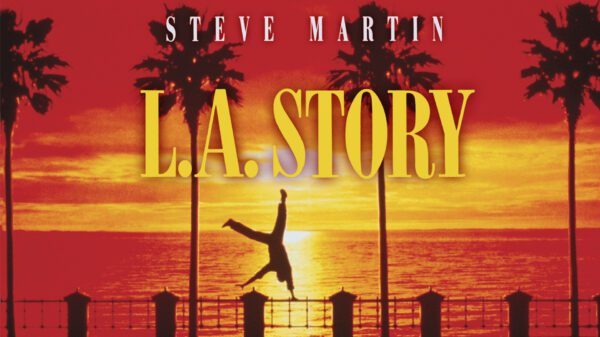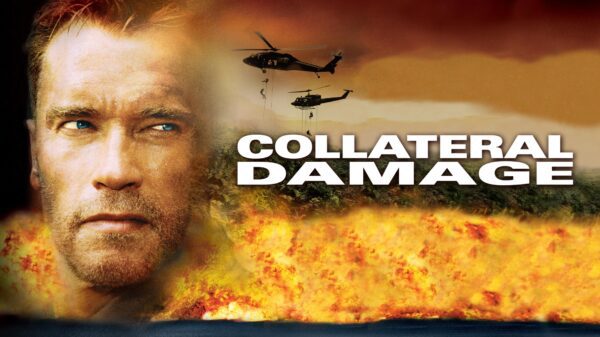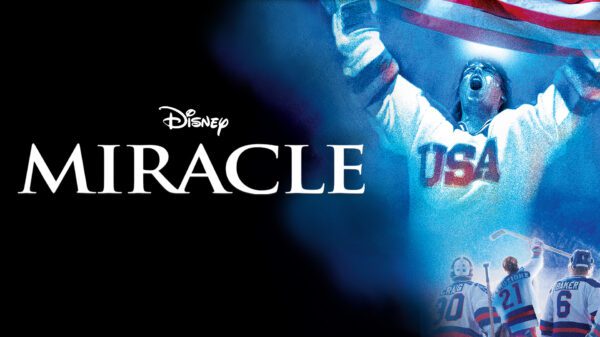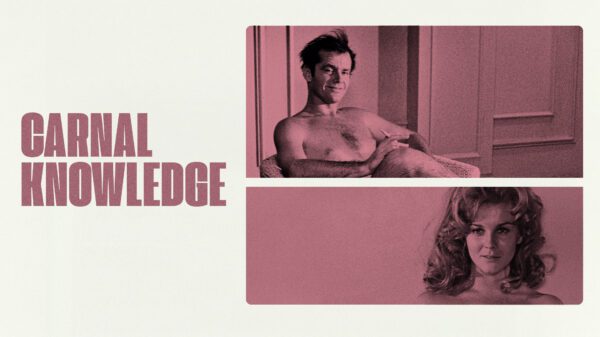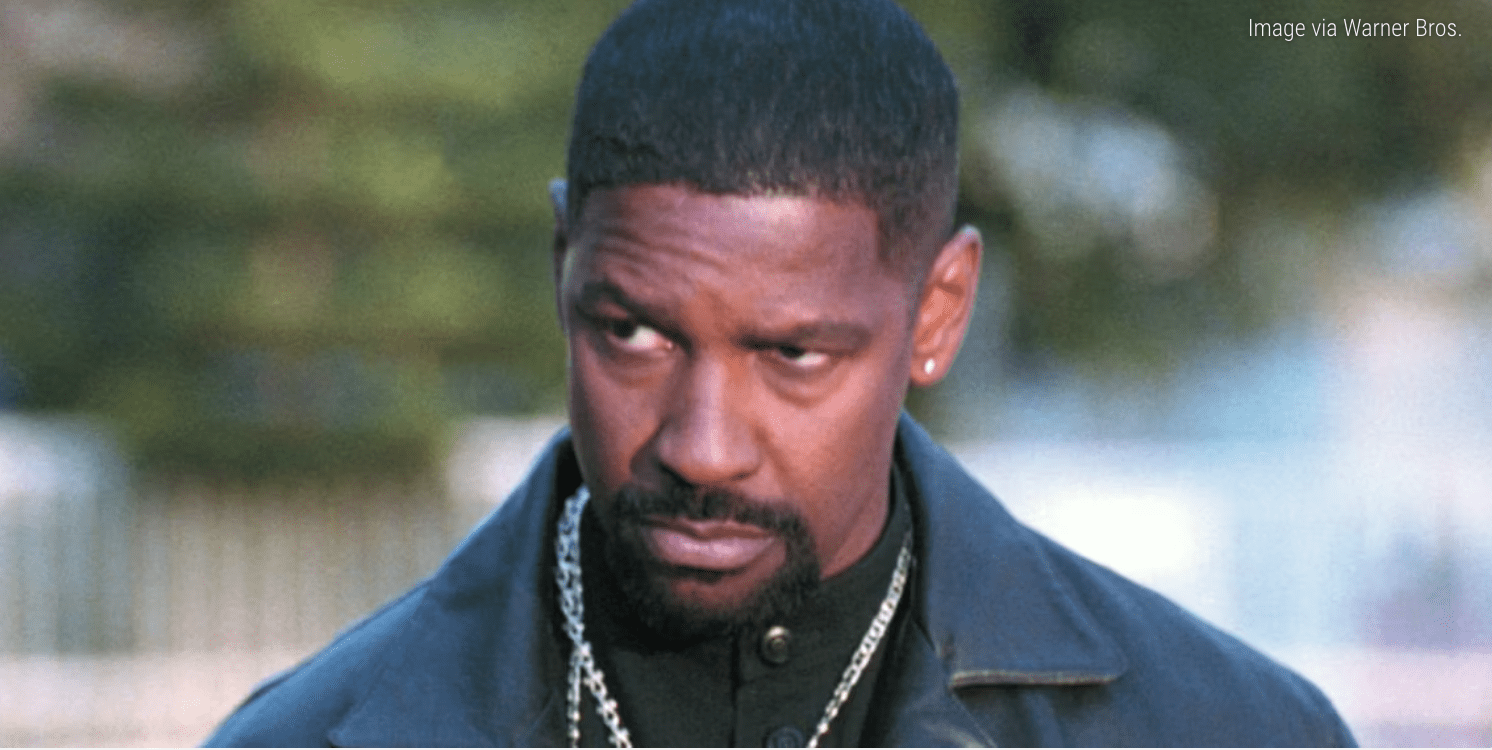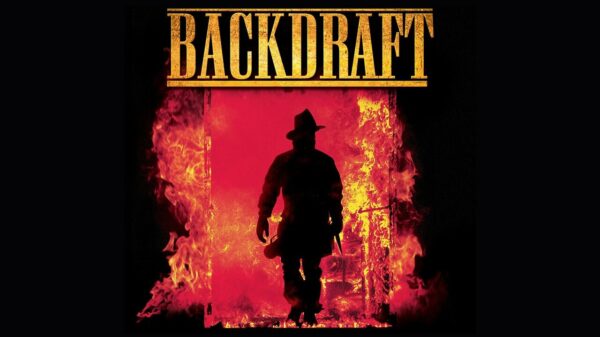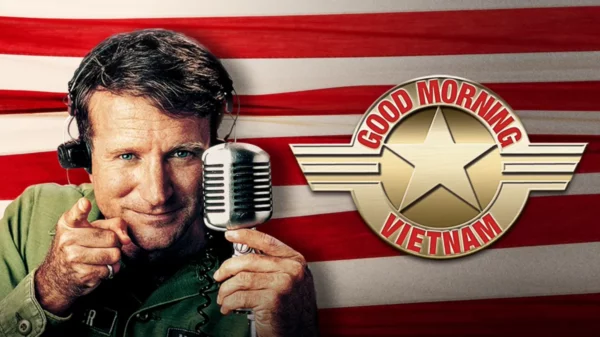Trading Places, released in theaters on June 8, 1983, is a sharp, witty, and incredibly entertaining film that uses the classic “prince and the pauper” trope to deliver a biting satire on greed, privilege, and the arbitrary nature of social class. The movie is a timeless comedy that continues to resonate with its clever premise and unforgettable performances.
The story revolves around a cruel social experiment orchestrated by the wealthy, manipulative commodities brokers, Randolph and Mortimer Duke (Ralph Bellamy and Don Ameche). They make a bet: can they swap the lives of two individuals from opposite ends of the social spectrum and see if environment or heredity truly dictates success?
Their unwitting subjects are Louis Winthorpe III (Dan Aykroyd), a snooty, Ivy League-educated managing director at their firm, and Billy Ray Valentine (Eddie Murphy), a quick-witted street hustler. Through a series of elaborate schemes, the Dukes strip Winthorpe of his fortune and reputation, while elevating Valentine to a position of power and wealth.
As both men’s lives unravel and re-form, they eventually realize they are pawns in a callous game and team up with the resourceful prostitute Ophelia (Jamie Lee Curtis) and the loyal butler Coleman (Denholm Elliott) to exact brilliant revenge on the Duke brothers during a high-stakes commodities trading day.
Aykroyd delivers a superb performance as Louis Winthorpe III, perfectly capturing the character’s initial arrogance, his bewildered descent into destitution, and his eventual cunning.
Murphy is absolutely phenomenal as Billy Ray Valentine, showcasing his unparalleled comedic timing, charisma, and a natural ability to connect with the audience. Their contrasting styles create an electric comedic chemistry that drives the entire film.
Curtis is fantastic as Ophelia, bringing both humor and a genuine warmth to her resourceful character.
Bellamy (Pretty Woman) and Ameche are sublimely despicable as the Duke brothers, making them the perfect villains to root against.
Paul Gleason (The Breakfast Club) is memorable as Clarence Beeks, a slimy operative, and Jim Belushi adds to the film’s ensemble with a memorable cameo near the end of the movie.
John Landis directs with a keen eye for both comedic detail and social commentary.
The pacing is brisk, and the script, by Timothy Harris and Herschel Weingrod, is incredibly intelligent and filled with sharp dialogue, memorable one-liners, and a brilliantly constructed plot that builds to a hilarious and satisfying climax.
Trading Places‘ humor is often dark and cynical, but it’s balanced by moments of genuine heart and the sheer joy of seeing the underdogs triumph. The intricate workings of the commodities market provide a unique and compelling backdrop for the comedic mayhem.
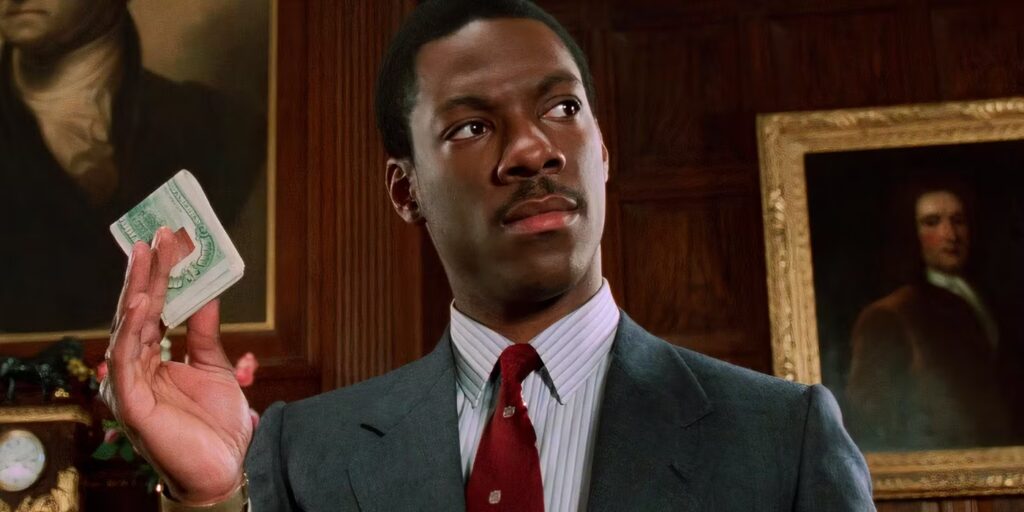
Eddie Murphy in Trading Places (Photo/Paramount Pictures)
Reception for Trading Places
Trading Places grossed $7.3 million on its opening weekend, finishing third behind Return of the Jedi ($12 million) and Octopussy ($8.9 million) starring Roger Moore as James Bond 007.
The film would gross $90.4 million in its theatrical run.
Roger Ebert gave the film three and a half out of four stars in his review.
Legacy
Trading Places is a truly classic comedy that transcends its era. It’s a film that not only makes you laugh hysterically but also makes you think about class, privilege, and the true meaning of wealth. With its brilliant cast, sharp script, and masterful direction, it remains a triumphant and endlessly rewatchable piece of cinematic history.

